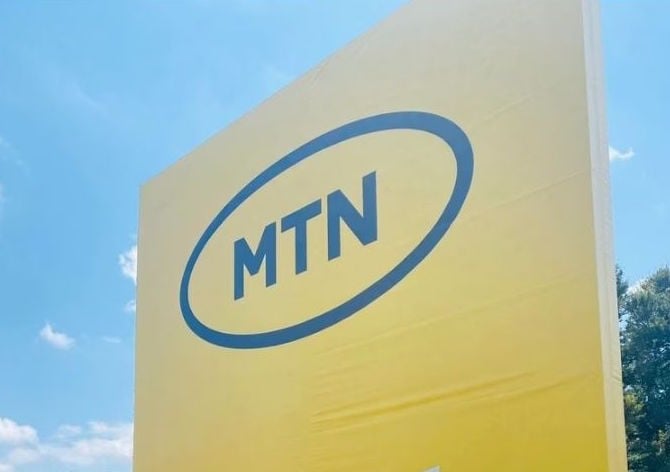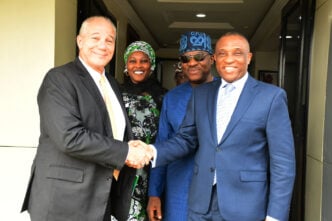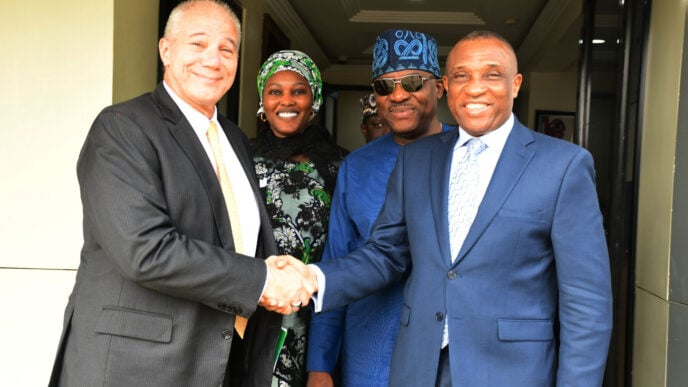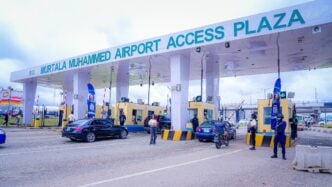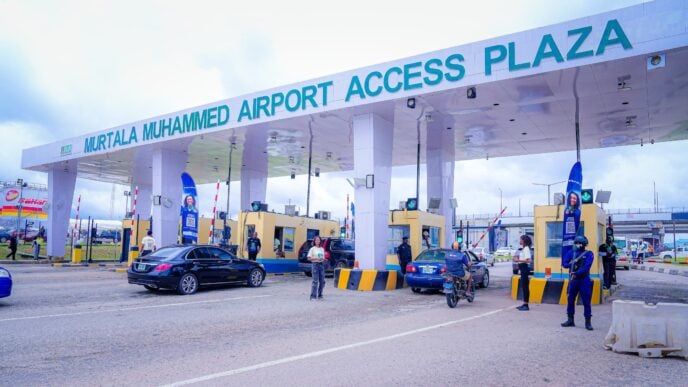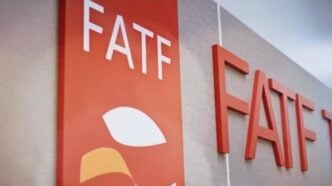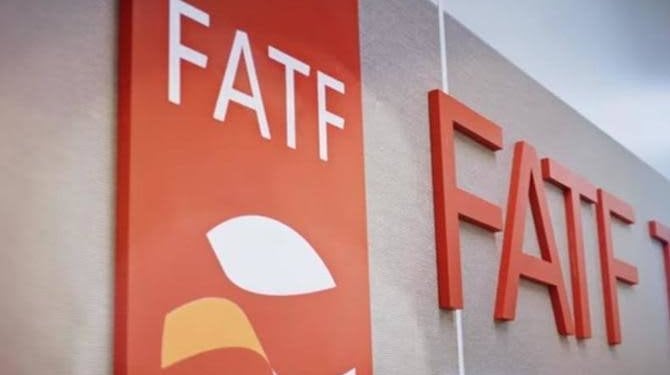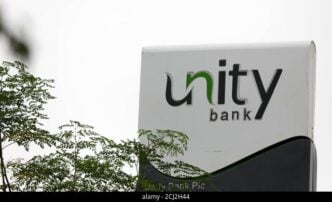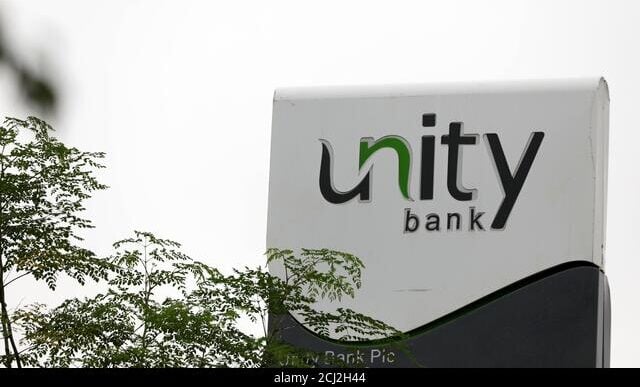MTN Group has accepted a call by the Nigerian government to support the collection of datasets of African languages needed to develop large language models (LLMs) that will power artificial intelligence (AI) driven solutions.
The company said the pledge, announced during The Y’ello Chair Vodcast filmed on the sidelines of the 80th United Nations General Assembly in New York, aims to ensure that Africa’s 1.5 billion people are not left behind in the global AI ecosystem
Bosun Tijani, minister of communications, innovation and digital economy, had challenged the telecoms giant to mobilise resources for the effort.
Tijani stressed that Africa must urgently fund academic research into its languages through public-private partnerships to avoid being excluded from the global AI ecosystem.
Advertisement
The push builds on the recent launch of the Nigerian Atlas for Languages & AI at Scale (N-ATLAS), an open-source multilingual LLM designed to digitise and preserve Nigeria’s over 500 languages.
The initiative, led by the federal government and Awarri Technologies, also creates datasets that can support AI solutions across sectors.
“To leapfrog AI in Africa, we need a collaborative public-private effort was urgently needed to fund the academic research into the continent’s many languages,” the minister said.
Advertisement
He challenged MTN Group to mobilise resources for this.
In his response, Ralph Mupita, MTN Group president and chief executive officer (CEO), said the company likes “these kinds of partnerships. Challenge accepted”.
With more than 2,000 languages spoken across Africa, most of them poorly represented in global AI development, Mupita said the continent must avoid becoming a “digital underclass”.
“The outcomes we want are that people are digitally included, economically included and that they have dignity,” the CEO said.
Advertisement
“This dignity point for me is very important because poverty can include all sorts of indignity, but embracing technology should take all that away.”
Mupita said the digital economy was the “best bet” to ensure that citizens have dignity, hope and opportunity.
